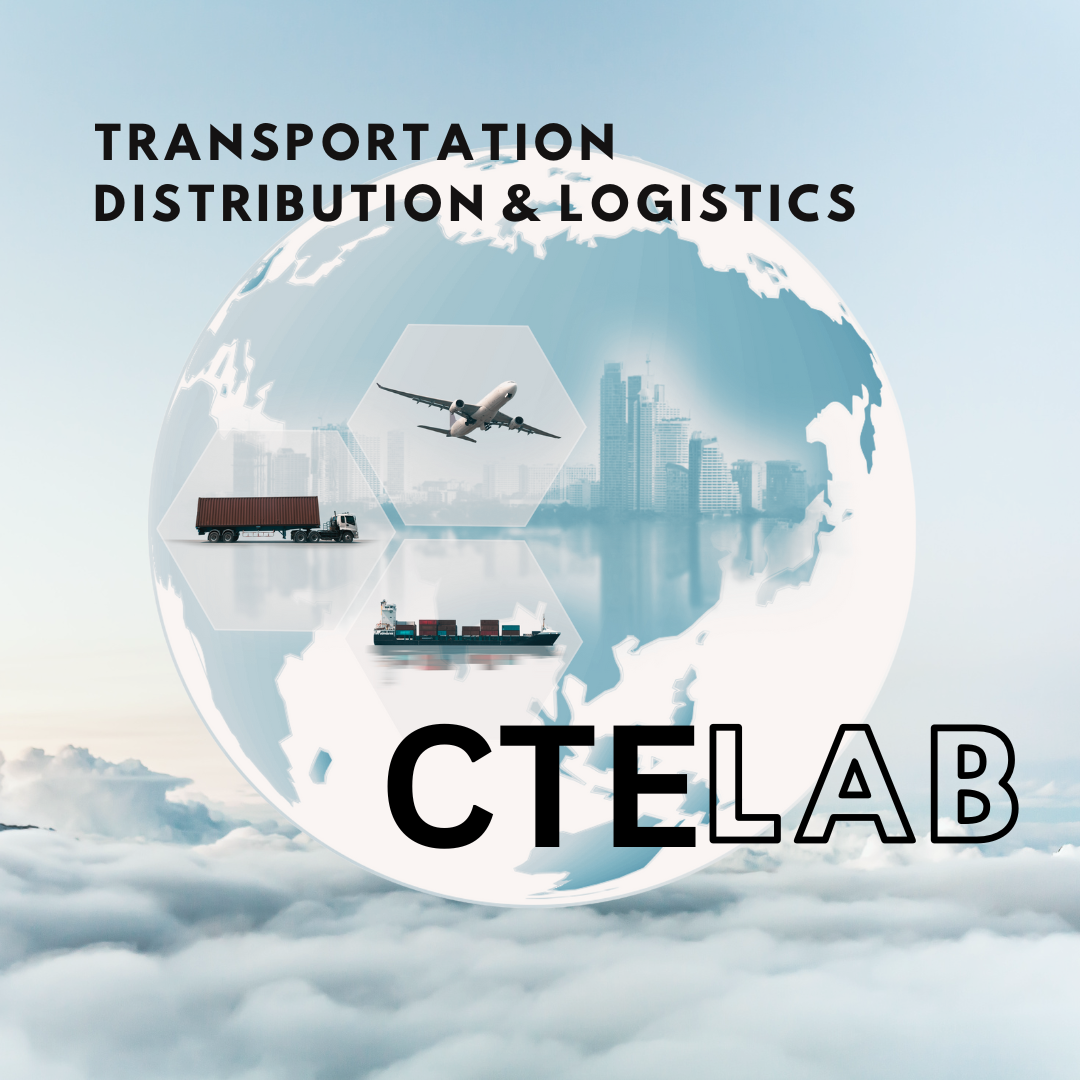Derrick Hooper, Instructor

EDUCATION
Cherokee County High School 1993
CREDENTIALS
ASE Master Technician
OTHER PROFESSIONAL TRAINING
- GM Training
- Hunter Alignment System Training
EXPERIENCE
25+ Years Experience In The Automotive Field.

EDUCATION
Cherokee County High School 1993
CREDENTIALS
ASE Master Technician
OTHER PROFESSIONAL TRAINING
EXPERIENCE
25+ Years Experience In The Automotive Field.

Automotive Technology Foundations is designed to equip students with basic knowledge and skills regarding safety, engine repair, automatic transmissions, and manual drive trains. A major focus of this course is system and component operations. Standards are designed to equip students to diagnose and repair engine performance related systems. This course is the foundation for all other automotive technology courses.

This one-credit course is an extended laboratory experience to address the advancement and specialization of careers within Transportation, Distribution and Logistics through individualized or small group instruction. This course allows students to enhance the essential and intermediate skills learned through program courses within the career cluster and prepare for industry credentialing opportunities.

Automotive Engine Repair & Performance I is designed to equip students with foundational knowledge and skills regarding safety, engines, and engine performance. Standards are designed to equip students to diagnose and repair engine performance related systems. This course incorporates personal and environmental safety practices associated with clothing, eye protection, hand tools, power equipment, ventilation, and the handling, storage, and disposal of chemicals and materials in accordance with local, state, and federal safety and environmental regulations. Prior Automotive Technology courses collectively meet the requirements for the ASE Education Foundation MLR accreditation and prepare students for the Automotive Service Excellence (ASE) student credential. These three courses may be taken in any order after completion of Automotive Technology Foundations. Content standards are written to meet Automotive Service Excellence (ASE) Education Foundation requirements, which also specify task lists, program hours, and safety standards.

Automotive Brake, Suspension, and Steering Repair I is designed to equip students with foundational knowledge and skills regarding automotive suspension, steering, and brake systems. Strong emphasis is placed on system and component operations. Standards are designed to equip students to diagnose and repair engine performance related systems. This course incorporates personal and environmental safety practices associated with clothing, eye protection, hand tools, power equipment, ventilation, and material/chemical handling. Local, state, and federal safety and environmental regulations will be followed.

Automotive Electrical Components I is designed to equip students with foundational knowledge and skills regarding safety, electrical, and electronics systems. Standards are designed to equip students to diagnose and repair engine performance related electrical systems. This course incorporates personal and environmental safety practices associated with clothing, eye protection, hand tools, power equipment, ventilation, and the handling, storage, and disposal of chemicals and materials in accordance with local, state, and federal safety and environmental regulations.

A one-credit course designed for students who have completed a minimum of two career and technical education courses to select an area of interest; engage in in-depth exploration of the area; employ problem-solving, decision-making, and independent learning skills; and present a culminating pathway project before a selected audience.

Snap-on certifications provide a return on technical education investment through hands-on training and state-of-the-art tools and equipment. The Snap-on Multi-meter Certification connects directly to the following academic subject areas:
Auto Collision Repair & Refinishing
Industrial Maintenance
Automotive Maintenance Technology
Electromechanical
Agribusiness & Science Technology
Nuclear Technology
Wind Energy Technology
The Snap-on Multi-meter Certification is one of the most requested skills in the industry today, and
is awarded to students trained in the use of Snap-on advanced electrical monitoring equipment
provides knowledge and experience essential to a successful career in critical industries such as automotive repair, transportation, wind power, manufacturing, HVAC, and robotics
includes training on the same technology used by professionals in the workplace
provides a widely recognized endorsement of technical expertise and demonstrated achievement

The Automotive Technology program offers a comprehensive and practical approach to learning about the automotive industry, equipping students with the skills and knowledge to succeed in a variety of career paths.
Hands-on Learning
A significant portion of the curriculum involves practical application of skills in a shop environment, working on vehicles and learning to use various tools and equipment.
Problem-Solving
The program emphasizes developing troubleshooting and diagnostic skills to identify and resolve vehicle issues.
Industry Certifications Students have the opportunity to earn industry-recognized certifications such as ASE (Automotive Service Excellence) student certification and Snap-On Multimeter certification.
Real-World Experience
Specific examples of what students might learn include:
College and Career Readiness
Students learn the skills and knowledge needed to enter the workforce immediately and/or they have the foundation needed to pursue further education and training in a specific field of study in various career paths including automotive technician, mechanic, service advisor, and more.
Industry Connections and Experience
Each Career Tech Program has a Business and Industry Advisory Board, a group of professionals from relevant business and industry sectors who advise them on CTE program development and improvement, ensuring that CTE programs align with current workforce needs and provide valuable input on curriculum, equipment, and training.